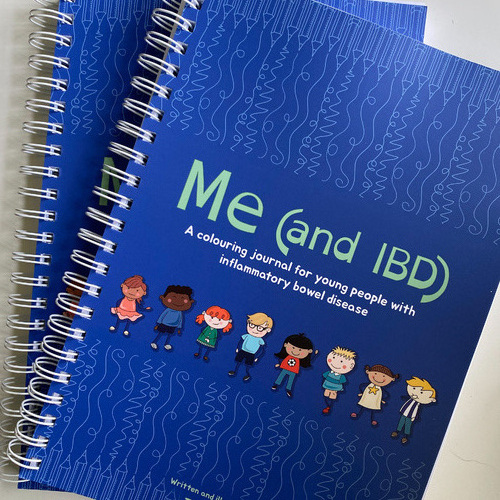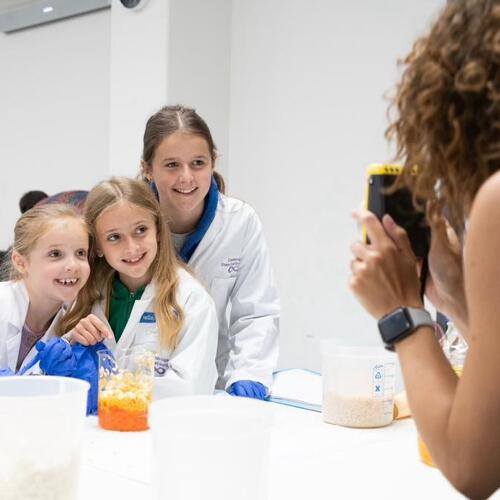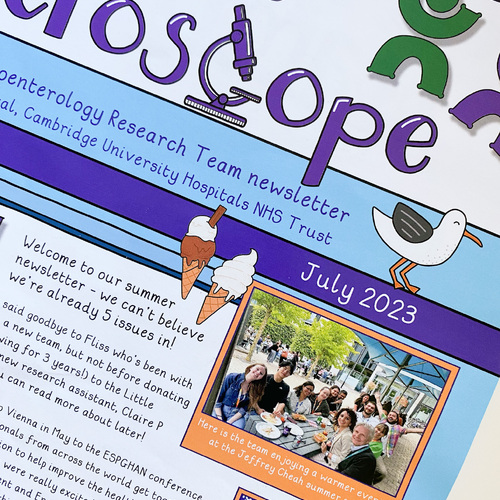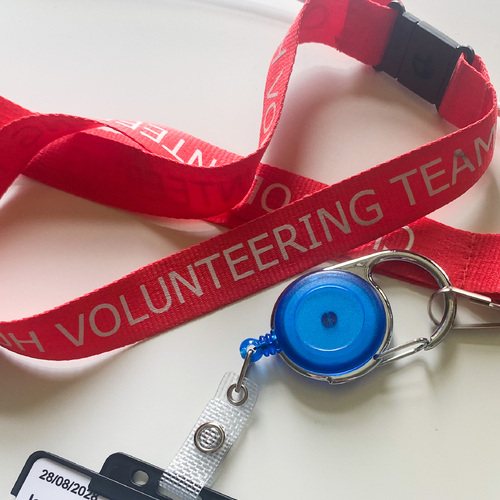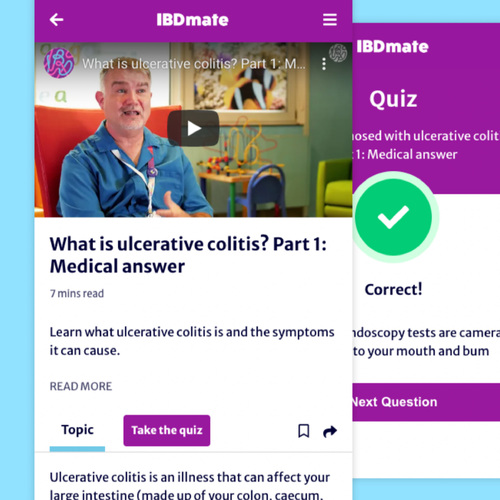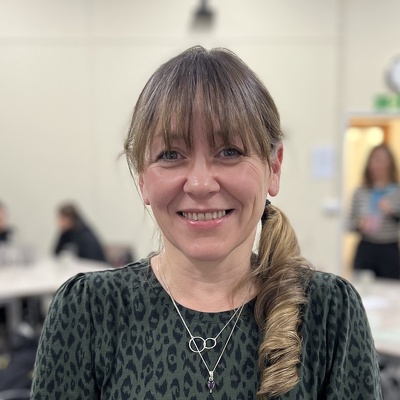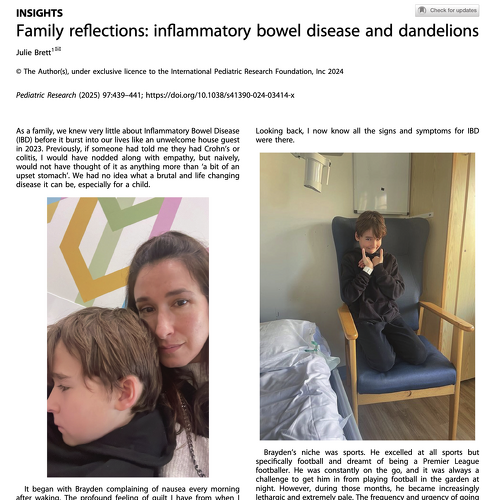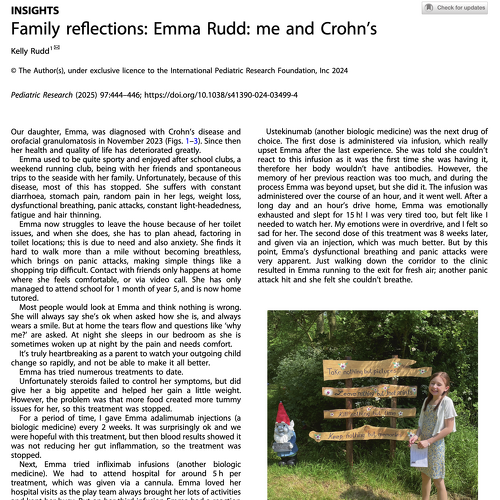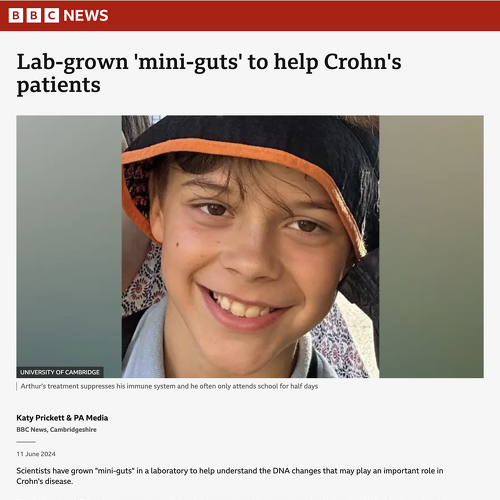Why is patient engagement important?
Paediatric patient and family engagement is crucial for several reasons. First and foremost, children and adolescents are the recipients of healthcare, and their active participation empowers them to take control of their well-being. Involving them in decision-making processes fosters a sense of autonomy and responsibility, which can positively impact their health outcomes.
Additionally, children may possess unique perspectives and needs that differ from adults, necessitating their input in treatment and research planning.Their input can help us as healthcare providers better understand their fears, preferences, and concerns, leading to more effective and personalised care.
Furthermore, engaging paediatric patients in healthcare decisions can enhance treatment adherence. When children and their families are involved in discussions about their care, they are more likely to follow through with treatment plans, improving long-term health outcomes.
Ultimately, paediatric patient involvement is important because it respects the rights and dignity of children, promotes family-centered care, and leads to better healthcare experiences and outcomes for young patients, ultimately contributing to their overall well-being.
Patient-Centred Care: We will involve patients and families in the decision-making process to ensure that medical services and research studies are tailored to your unique needs, preferences, and values.
Enhanced Communication: We will engage with patients and families to foster open and honest communication, which can lead to better understanding and trust between the healthcare team and those receiving care.
Quality Improvement: We encourage patient and family feedback. This can provide valuable insights into the strengths and weaknesses of our services, and help the medical team identify areas for improvement and implement changes that lead to higher quality care.
Empowerment: When we involve patients and families, our goal is to empower them to take an active role in their healthcare decisions, ultimately leading to better self-management and overall well-being.
To ensure true engagement across healthcare and research delivery our patients and families need to be presented with information free from medical jargon. There isn’t a “one-size-fits-all” remedy. But if we can provide condition-specific information and educational resources that are convenient and easy to access our patients can have a better and more complete picture of their own healthcare needs.

